On the other end of the phone, I heard the gravel-toned voice belonging to 72-year-old beloved, legendary actor, musician, and philanthropist Jeff Bridges. All it took was his “Good morning!” to conjure the image of him behind the wheel of a well-worn country pick-up truck, waving, as he ambles up my make-believe driveway toward my sprawling, somewhere-out-West front porch. The truck bed, loaded with bushels of peaches. Or explosives. Or both.
Bridges has been through the ringer the last two years. In October 2020, he was diagnosed with non-Hodgkin’s lymphoma and then, after successful chemotherapy treatments, spent five weeks in the intensive care unit after a near-death bout with COVID-19. He eventually recovered and returned to work. He’s currently playing Dan Chase, an ex-CIA officer on the run, in FX’s seven-part limited series/political thriller, The Old Man — based on the namesake novel by Thomas Perry — airing on Hulu. The Old Man (co-starring another legend, John Lithgow) is Bridge’s first return to television since appearing in Sea Hunt (1958-1960), with his late father, actor Lloyd Bridges, when he was eight years old. Yes, Bridges appeared in other TV series since then (who can forget him as Cal Baker in Lassie or Hawk in The Most Deadly Game), but those were one-off episodes.
In The Old Man, as he has done over his seven-decade career (his first screen appearance was a baby in the arms of actress Jane Greer in the 1951 drama The Company She Keeps), Bridges earns our adoration by imbuing folksy Vermont widower Dan Chase (who is also the kind of man once known as “The Beast Who Eats Everything”) with breathtaking moment-to-moment authenticity. It’s why we love him: his nuanced work lays bare the inner lives of the men he inhabits and revelations about the human experience. In performances that range from small-town Texas football captain Duane Jackson, in Peter Bogdanovich’s The Last Picture Show, which garnered the then 21-year-old actor his first Oscar nomination, to his famous herb-induced “go with the flow,” Jeff Lebowski, aka The Dude in the Coen brothers’ film The Big Lebowski, and a host of thrillers, Westerns, buddy flicks, dramas, and dark comedies, between and after: think The Fisher King, Fearless, The Fabulous Baker Boys and True Grit, Bridges shows us that sometimes, we relish the fruit of our efforts. Other times, we find our world blown to smithereens.
[embedded content][embedded content]
“Unlike a lot of parents in the entertainment business, mine encouraged me to go into acting; they loved it so much,” Bridges gushed about being raised in his Hollywood family with his mom, actress Dorothy Bridges, his dad, Lloyd, and older brother, actor Beau. “I wanted to do other things, but my dad said, ‘Jeff, don’t be ridiculous. The wonderful thing about acting is that you have to call upon all your other interests ⎯ you’re going to have opportunities to do your music and your art.’ And I’m glad I followed his instructions because he was right. True that.
In 2007, Bridges channeled his lifelong love of music into an Oscar-winning portrayal of washed-up, alcoholic country singer Otis “Bad” Blake in Crazy Heart.
I had plans to talk about his relationship with longtime friend and producer T. Bone Burnett, who scored the haunting music for The Old Man, and his band Jeff Bridges and The Abiders. I also wanted to know more about his role over the last 12 years as the national spokesperson for Share Our Strength’s No Kid Hungry campaign to end world hunger. I also wondered if he was ever mistaken for Jeff Daniels. I covered little to none of it.
After “Good morning!” I asked Bridges what had “hooked” him about the character of Dan Chase. The themes of The Old Man became a leaping off point for a conversation about his spirituality, lessons the universe wants to teach us, humans as superorganisms, the Hubble telescope, truth, the secret to his 45-year marriage to Susan Geston, and love. Jeff Bridges was at the wheel, alright. And he was bringing me juicy morsels — and truth bombs — about life.
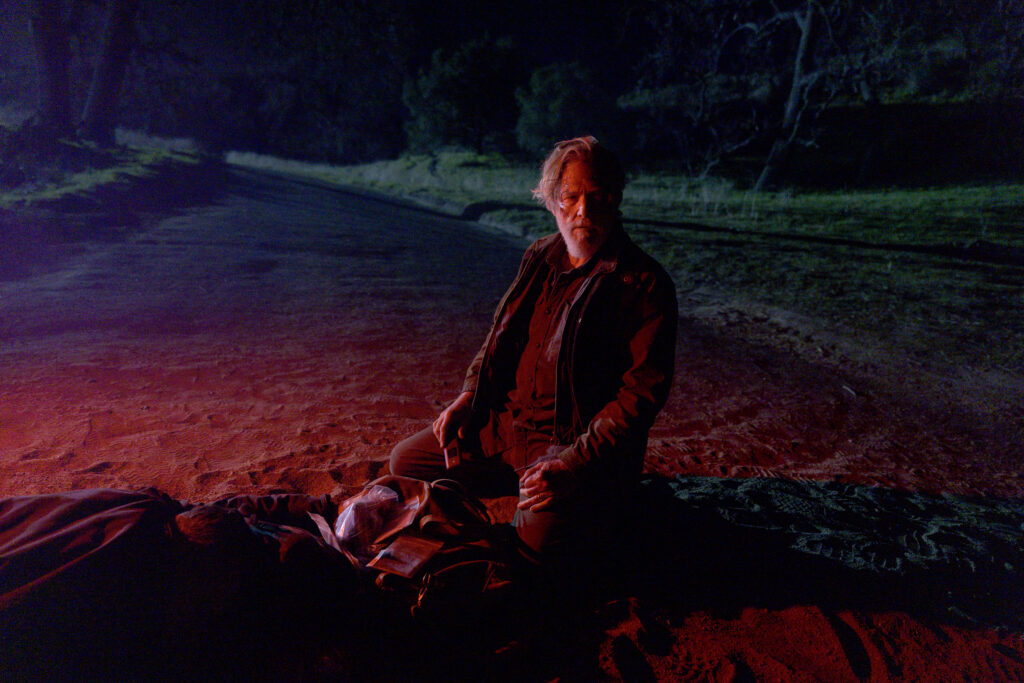
SPIN: Your new series, The Old Man, resonated with me as a story about identity, and the internal truth of who we are, as much as it is about the roles we play, and the choices we make. What did you see in this character of Dan Chase that hooked you?
Jeff Bridges: Well, it’s interesting that you bring up some of the themes of identity; that certainly intrigued me, as well as this idea of consequences. As far as the identity idea, I think our identity is quite a mystery: I don’t think we entirely understand ourselves or know who we are. And what we do has consequences — sometimes we think we’re making very righteous choices in our lives, and turns out that those were wrong choices. And vice versa. It is funny, and very mysterious.
Can you share a bit more about the mysteries of who we are, and how that’s connected to your spiritual worldview?
My spiritual path crosses a lot of different lines. I feel most alive, with kind of a Buddhist philosophy. In The Old Man, we were fortunate to have Christopher Huddleston, an actual CIA operative. We talked extensively about his personal philosophy, and he turned me on to stoicism. In deeper studying of it, the parallels with Buddhism, and some of my other spiritual explorations, I learned that they all relate to each other.
With stoicism, my initial reading was a book called The Obstacle Is the Way [by Ryan Holiday] which reminds me of a lot of the Buddha’s teachings: leaning into what you think is the problem rather than trying to avoid it. Lean into that, and that’s your next spiritual class, so to speak. I’m quite interested in a phrase called emergent behavior — it relates to a system, like a murmuration of birds, or fish schools. They make their shape in a collective way, almost like a superorganism. But we are a superorganism. Each individual is part of this human superorganism.
Bucky Fuller, the guy who invented the geodesic dome, made an interesting observation about ocean-going tankers, and what a challenge the engineers had in creating these huge ships. A big rudder was going to turn these ships, and they found that it took too much energy. So, they came up with a wonderful solution by creating a trim tab, a very little rudder on the big rudder — the little rudder turns the big rudder, and then the big rudder turns the ship. Bucky made a beautiful metaphor for how individuals affect our culture and our society, that we’re all in fact trim tabs. We affect what this superorganism is going to be. And it’s kind of mysterious. Follow your heart, you know, whatever it is, but there’s so many different hearts. And the truth becomes so subjective that one we’re not really aware of the actual truth.
I read a phrase the other day that struck home — ”the truth is oneness, everything else is facts.” And I’m also fascinated with the Hubble telescope and looking to space — we’re very close to looking back to when the Big Bang happened. And I was seeing these photographs and noticed these huge galaxies looked like they’re spinning clockwise, and some are counterclockwise. And I said, what’s that about? So, I googled that, and the simple answer I got was this: It depends on where you are looking at it. You’re on one side looking at it and it looks like it’s spinning clockwise. On the other side, it’s counterclockwise. Those are facts. But it’s not the truth.
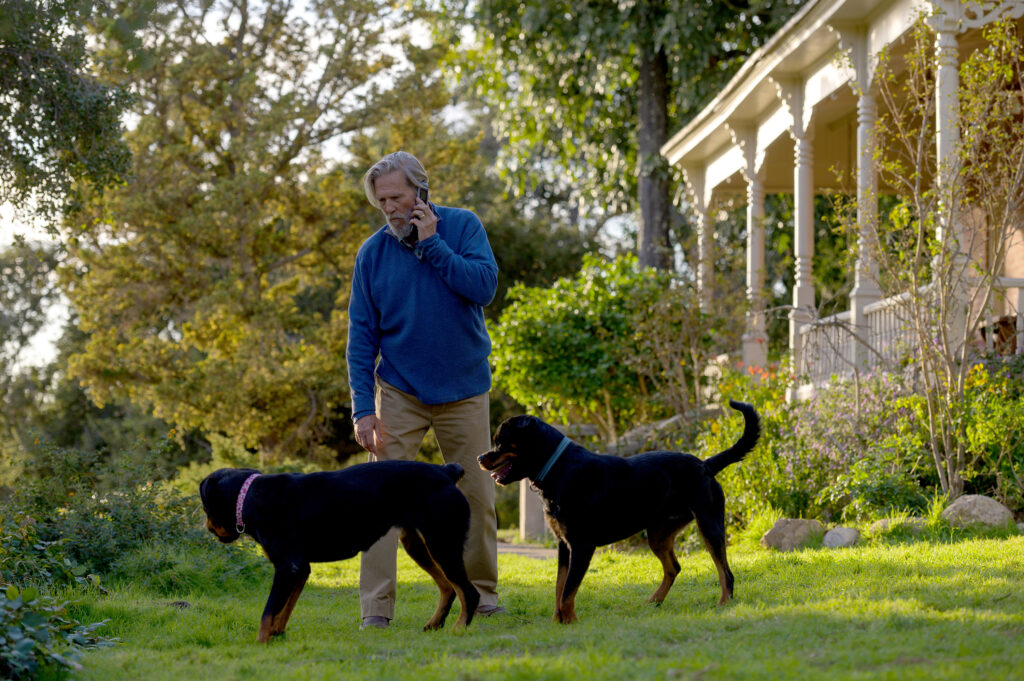
I’m struck by this notion of “the obstacle being your next step and leaning into it.” Were you conscious of this when you were in the hospital battling COVID?
I found all my strategies for life came to the surface, and even became heightened; my sense of leaning into where I am and in seeing what that has to teach me at that moment, as well as my sense of joy and love. I became aware of how much my family and certainly my wife and my daughters, my brother, my sister, friends, and people you don’t even know that care about you and love you. And then that heightened my receiving how much I love them. And that was something that I don’t think I would have been privy to unless I was facing mortality. The impermanence of life.
At the time, I didn’t appreciate it. But it turns out that was a wonderful thing. Who would think, “yeah, please give me a little cancer, I’ll take a little side of chemo and give me some yummy COVID for dessert”? Who, who would think that would be something that you would order up on the menu, right? And you avoid it, but life is constantly giving us these gifts, these obstacles. But they’re the next class, you know? And sometimes you don’t feel up to it. You’re in Algebra III, and you haven’t even finished high school math yet. That often happens.
But basically, when it gets down to it, surrender. My doctors would say “You gotta fight Jeff,” and I couldn’t figure out what they were talking about — we’re all going to kick the bucket! And I said, if this is what “kick the bucket” is, let’s get into this, relax, and do the assignment. But surrender mode is not something that comes easy. I resist tremendously — I go into most things with a lot of resistance. I had it with my marriage. I’ve been married for 45 years, and it was love at first sight. Frighteningly so — it felt so natural. But I resisted so much. Thank God my wife didn’t kick me to the curb because I was just a pouting guy.
So, what is the secret to your long marriage, other than your wise wife?
Don’t get a divorce.
Rather than doing that, use those obstacles as opportunities to become more intimate. Lean in and get to know each other in a deeper way. My wife and I have done that throughout the years. It’s funny, as our time together increases, I notice that we have fewer obstacles, and wherever they do come up, we’re well practiced. We had to enlarge our love field or whatever you want to call it — love basket, you know. You have to grow your love to hold it all.
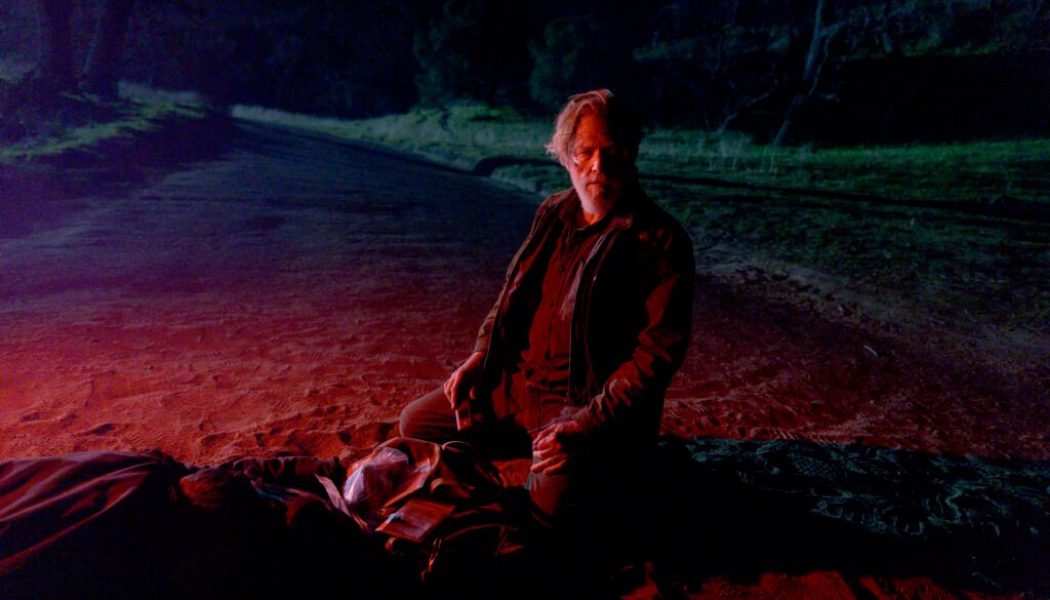

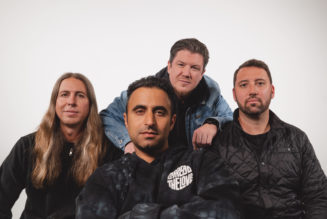
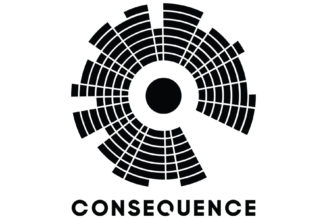
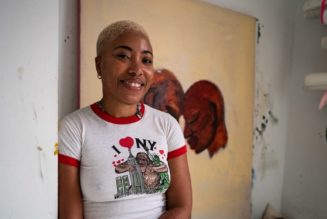

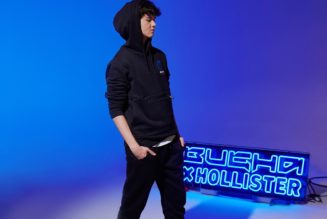
![EDM.com Playlist Picks: Alesso, David Guetta, Dillon Francis and More [8/20/21]](https://www.wazupnaija.com/wp-content/uploads/2021/08/edm-com-playlist-picks-alesso-david-guetta-dillon-francis-and-more-8-20-21-327x219.jpg)
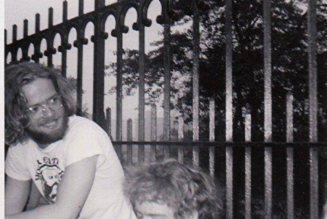

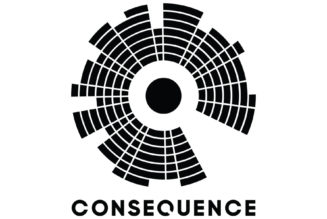
Tagged: FEATURES, INTERVIEWS, jeff bridges